Madagascar's Youth Uprising Forces Government Dissolution
- by RNG247, Madagascar
- about 1 months ago
- 174 views
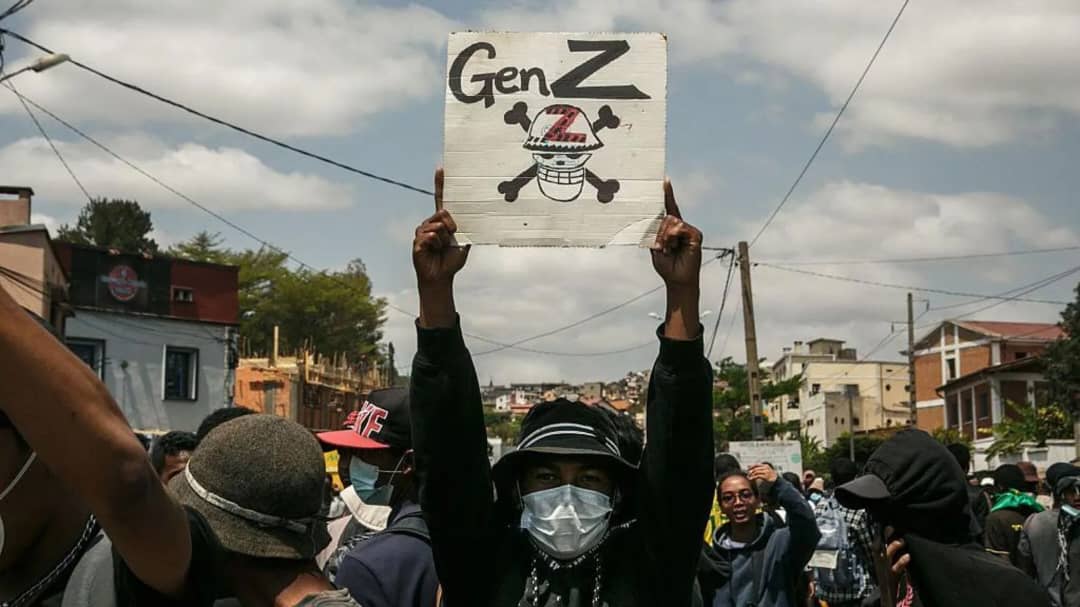
In a stunning turn of events, Madagascar's President Andry Rajoelina announced the dissolution of his government following days of intense youth-led protests that have rocked the island nation. The demonstrations, dubbed the "Gen Z" protests, have brought thousands of young Malagasy citizens to the streets, demanding an end to chronic water and power shortages that have plagued the country for years.
The president's dramatic decision came after a week of escalating tensions that saw violent clashes between protesters and security forces. In a televised address on Monday, Rajoelina acknowledged the government's shortcomings, stating, "We acknowledge and apologise if members of the government have not carried out the tasks assigned to them." This rare admission of fault from the nation's highest office underscores the gravity of the situation and the power of the youth movement.
The protests, which began in the capital city of Antananarivo and quickly spread to eight other cities, have been marked by the rallying cry, "We want to live, not survive." This poignant slogan encapsulates the frustration of a generation grappling with basic infrastructure failures in a country rich in natural resources but mired in poverty and political instability.
The United Nations has expressed deep concern over the government's response to the protests. UN Human Rights Chief Volker Türk condemned the "unnecessary force" used by security forces, reporting that at least 22 people have been killed and 100 others injured. These figures have been disputed by Madagascar's foreign ministry, which accused the UN of relying on "rumours or misinformation."
As the protests intensified, authorities imposed a dusk-to-dawn curfew in Antananarivo, with police resorting to rubber bullets and tear gas to disperse crowds. Reports of violence and looting have further complicated the situation, with some protesters alleging that paid agitators were responsible for damaging property to discredit the movement.
The "Gen Z" protests mark a significant shift in Madagascar's political landscape, with young people taking center stage in demanding change. Their grievances extend beyond infrastructure issues, touching on broader themes of governance, corruption, and economic opportunity. The movement has leveraged social media to organize and amplify their message, catching the government off guard with its speed and scale.
President Rajoelina's decision to dissolve the government and call for applications for a new prime minister within three days is a clear attempt to quell the unrest. However, it remains to be seen whether this move will satisfy the protesters' demands or merely postpone further confrontations.
As Madagascar stands at this crucial juncture, the world watches closely. The success or failure of this youth-led movement could have far-reaching implications for other African nations grappling with similar challenges. For now, the streets of Madagascar's cities remain tense, as a new generation of activists awaits concrete action to address their long-standing grievances.
The coming days will be critical in determining whether President Rajoelina's gambit will lead to meaningful change or if the "Gen Z" movement will continue to push for more radical reforms. One thing is certain: the voice of Madagascar's youth has been heard, and the political landscape of this island nation may never be the same again.





.jpeg)
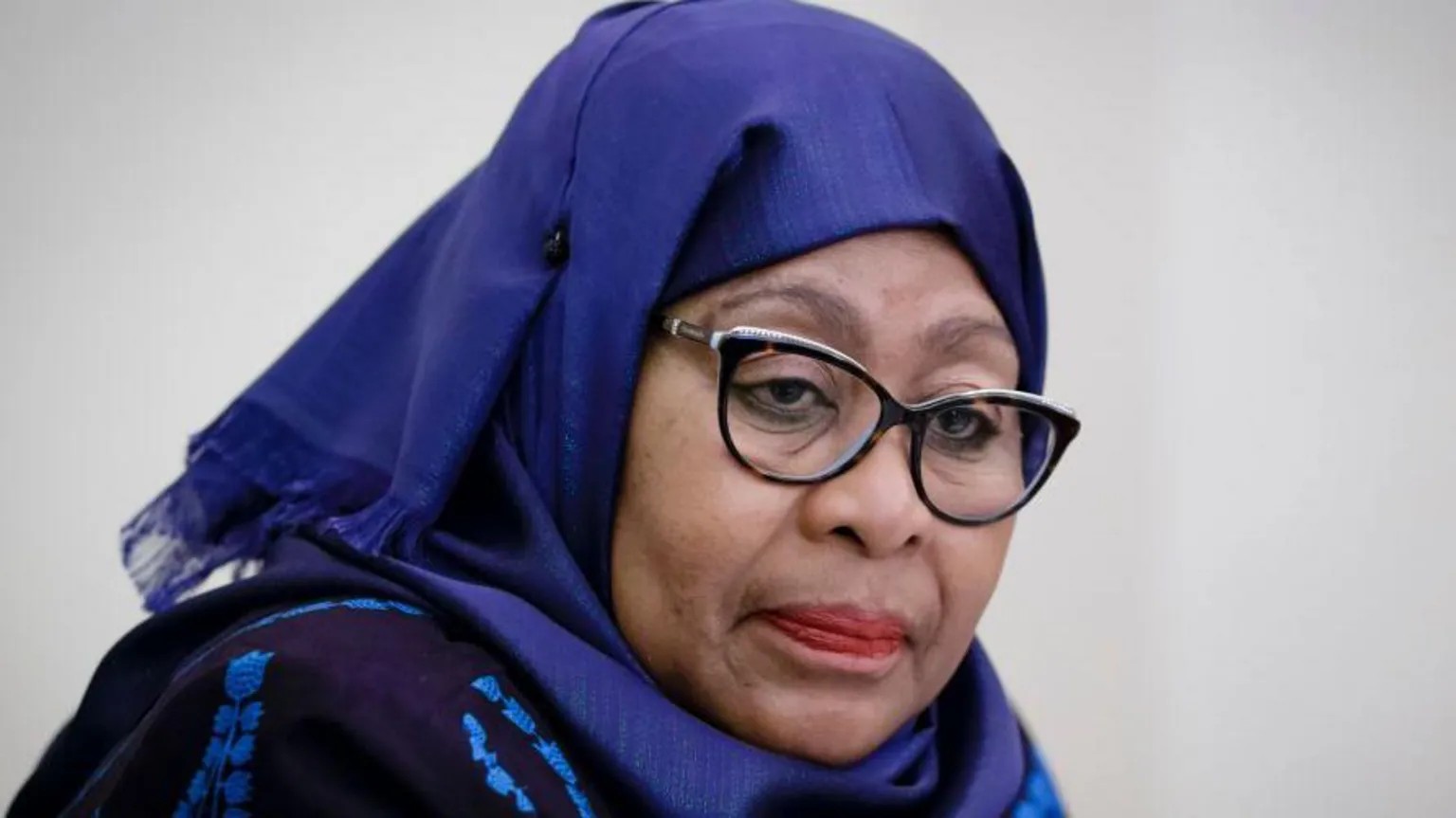
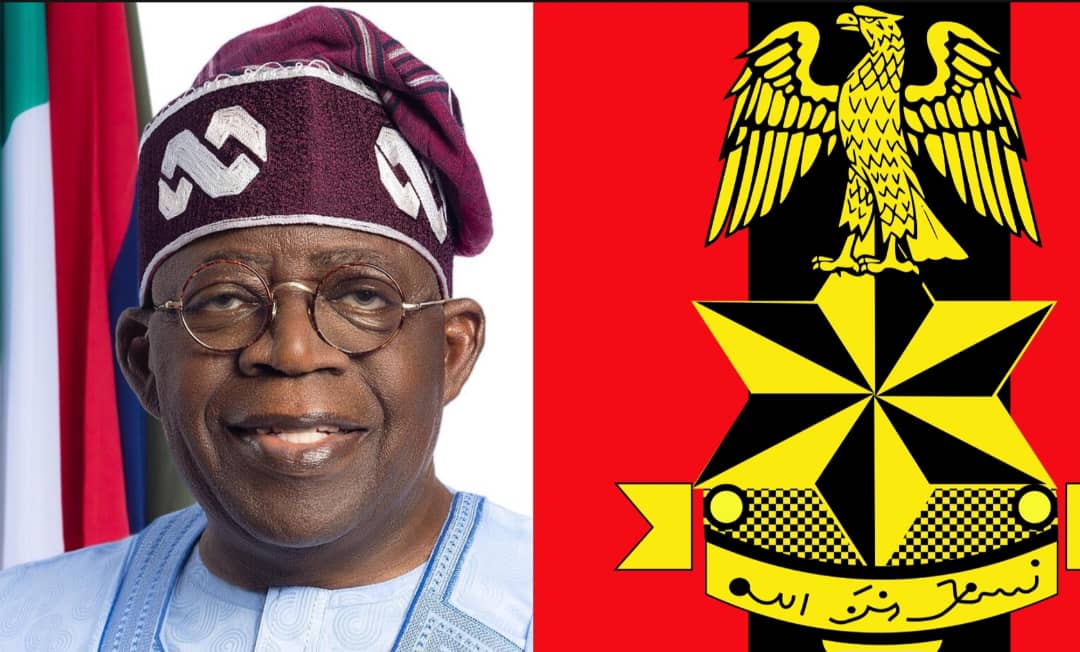
.jpeg)

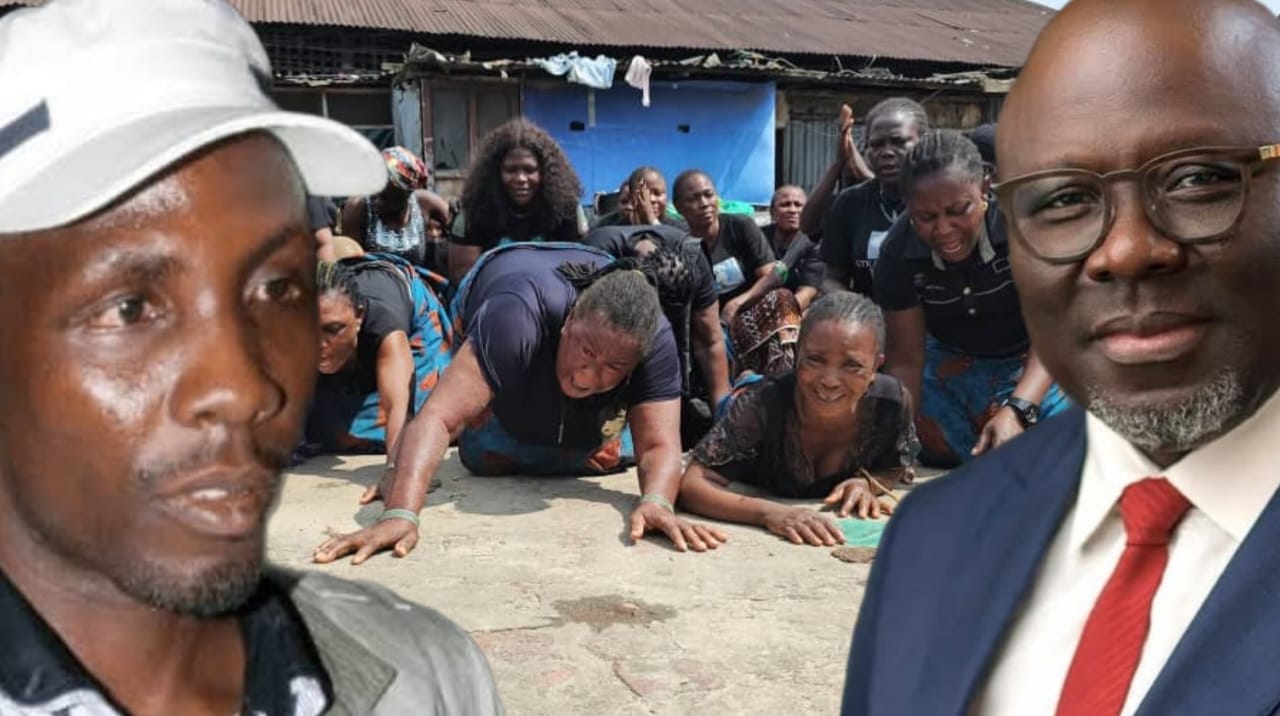
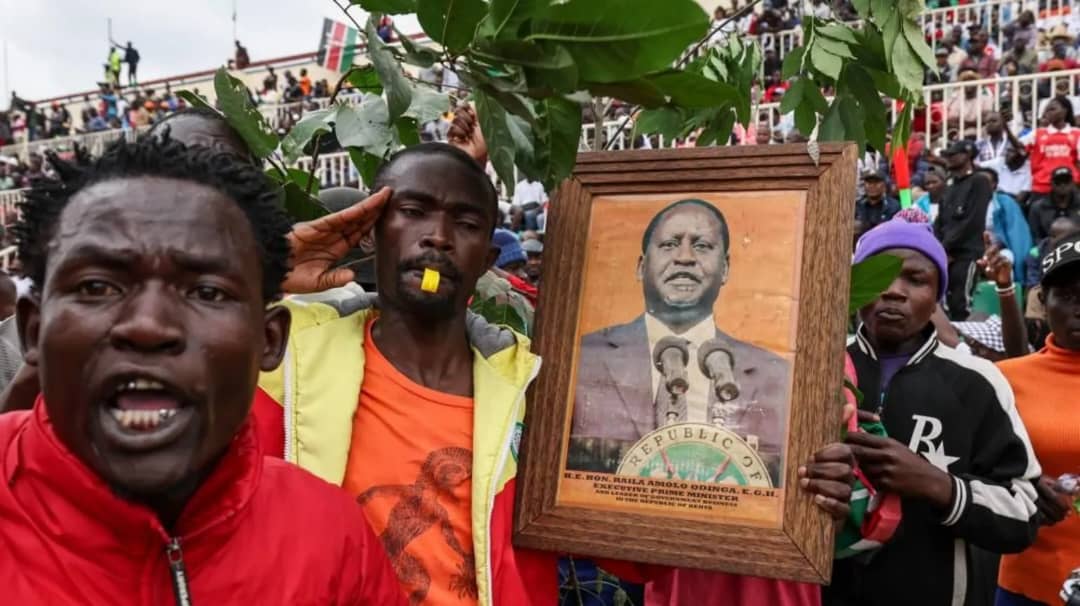
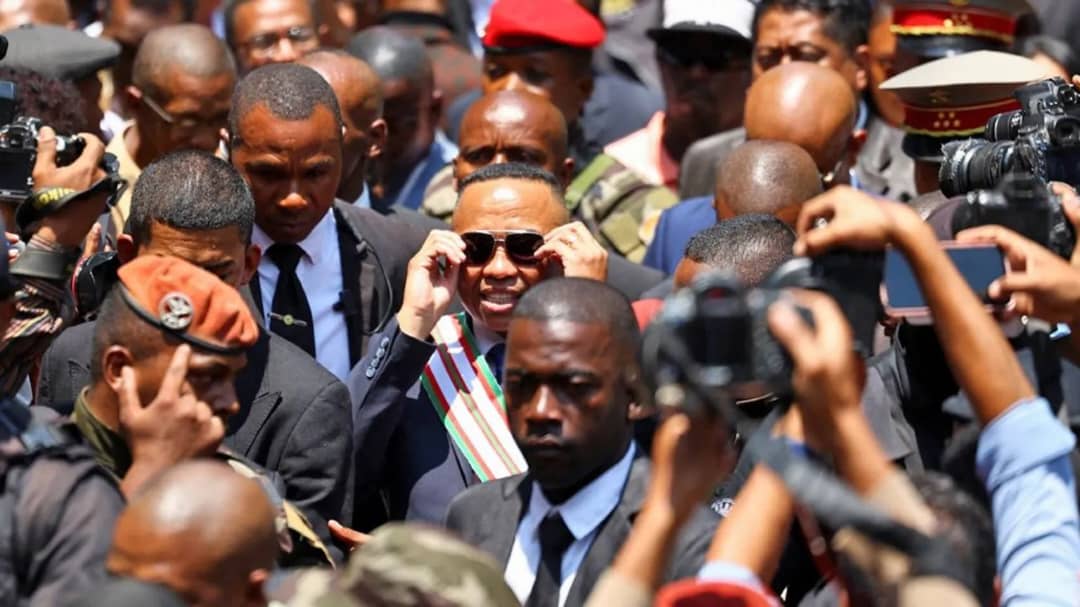
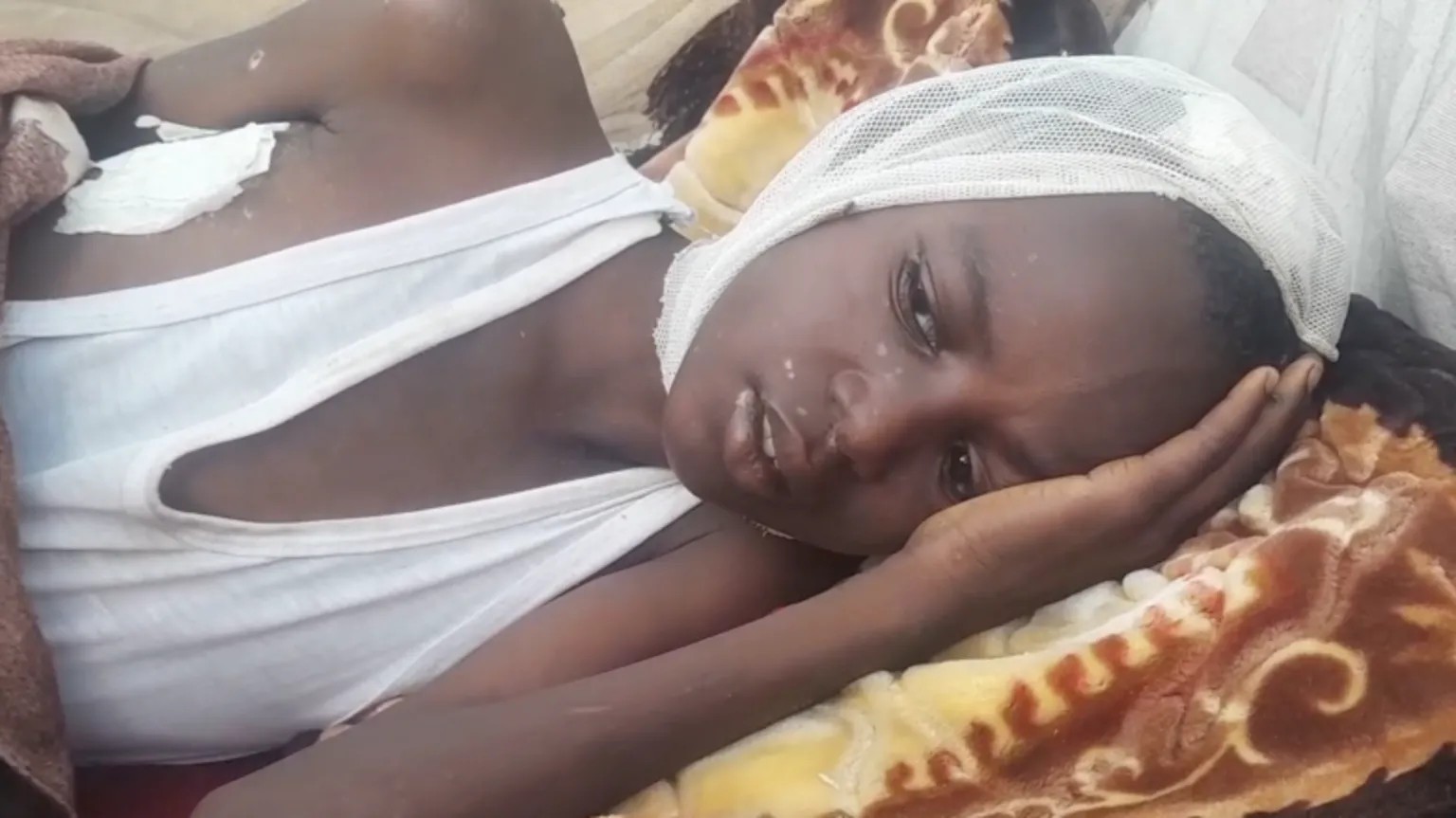
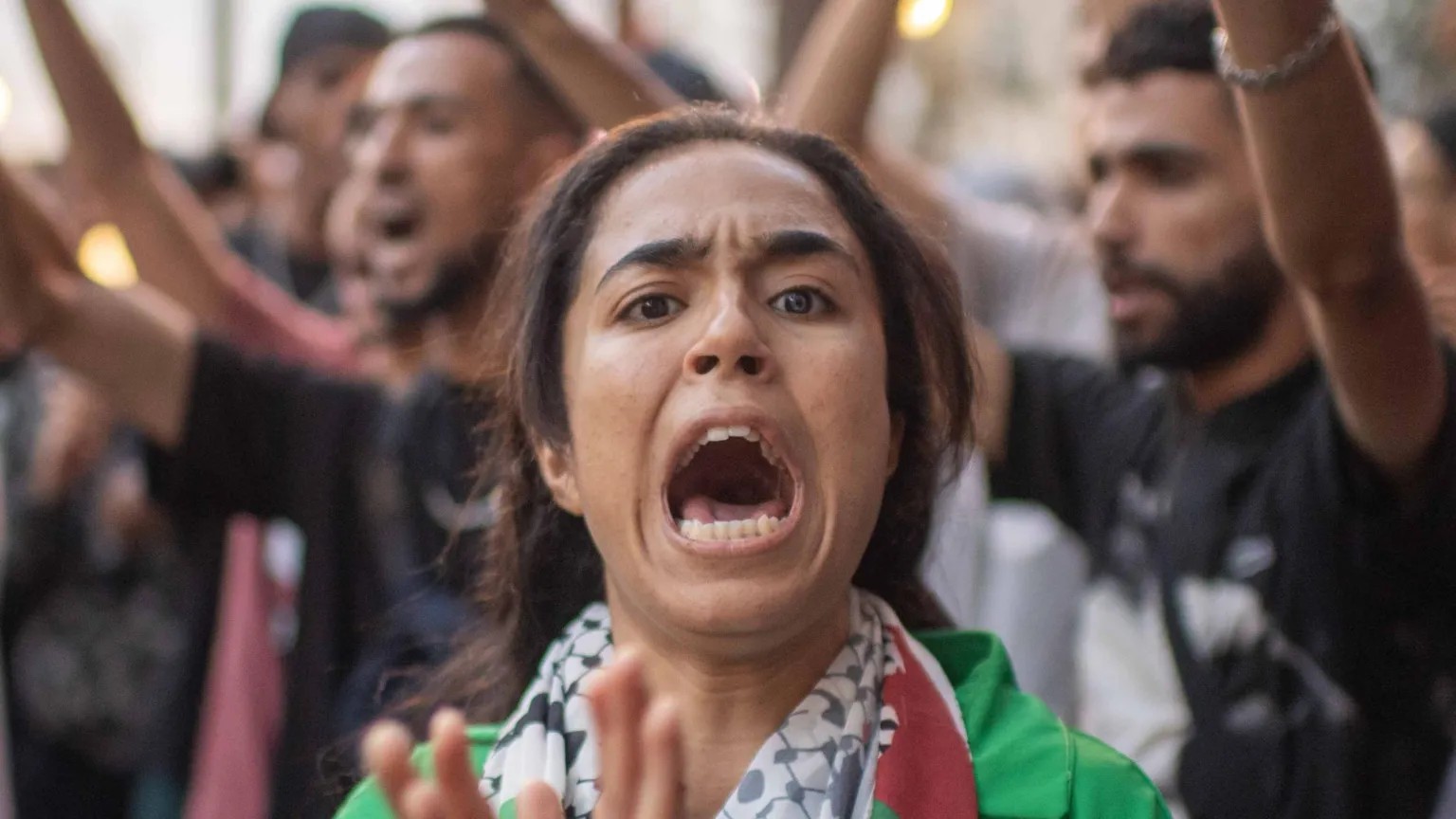

0 Comment(s)